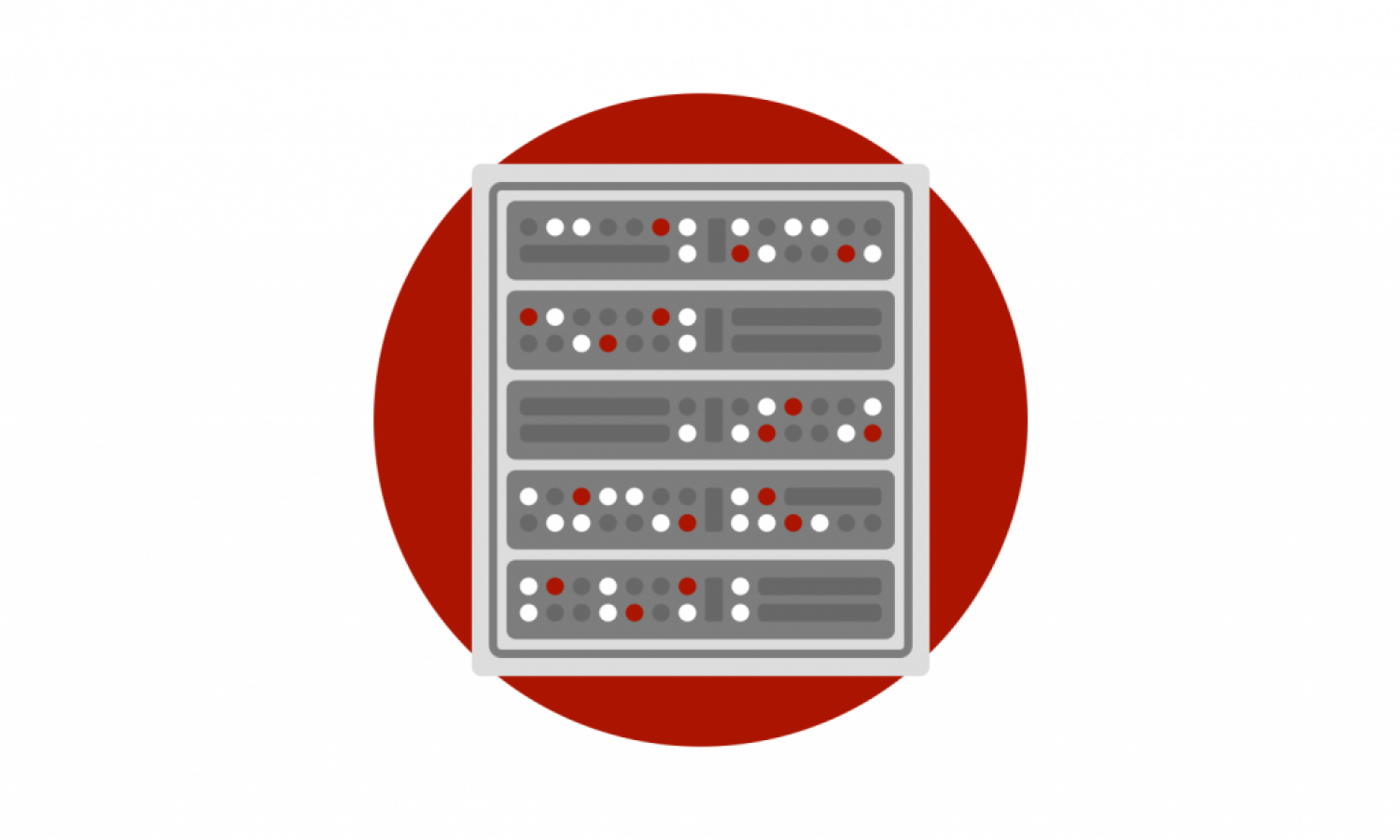Moving Beyond WCIT: The Necessity of the Multistakeholder Model
The International Telecommunications Union’s (ITU) 2012 World Conference on International Telecommunications (WCIT) in Dubai has concluded after a busy two weeks. While we had hoped for a more constructive outcome, we look forward to participating in ongoing discussions from the conference. Pundits are weighing in as industry experts are continuing to deconstruct the conclusions of the conference.
The lack of consensus from the conference underscores the important fact that the Internet isn’t owned by anybody. There isn’t an ‘off’ switch and there isn’t a set of standards that anyone can dictate. Over time, ‘multistakeholder’ groups, like ICANN, IESG, IANA, IETF, and IAB, have stepped in to take over ‘management’ of certain aspects of the Internet, however these organizations achieved that management as part of social contract, not as mandate. If they cease to provide value to the Internet, they will no longer be listened to or be taken seriously. No one group dictates the whole Internet. Instead the Internet is made up of a whole series of conversations, with anybody who has a stake able to join in. That means businesses, engineers, security minded people, governments, civil society groups, and users. The quality of their engagement and arguments dictate whether their ideas and work are accepted or rejected.
Many countries face development challenges in bringing the full benefits of the Internet to their citizens. If you take what they were saying at face value, a lot of those countries tried to use the ITU process to try to get that help. But the ITU isn’t a place where Internet governance should work. The Internet should remain compartmentalized and the domain of expert multistakeholder groups working on a lot of different parts. That doesn’t mean those governments, and perhaps even groups like the ITU itself can’t engage directly in various multistakeholder processes, where the effectiveness of their work and its benefit to the Internet will dictate its usefulness.
Are existing multistakeholder groups working well? There’s definitely room for improvement, but I’m reminded of this quote: “It has been said that democracy is the worst form of government except all the others that have been tried.” – Winston Churchill. Certainly there’s room for improvement and there always will be – as is true with most things.
Multistakeholders have ideas of how the Internet should be, but they aren’t always speaking the same language terminology-wise. So one person’s challenges and perspectives may not map well to another’s reality. Not everybody uses the Internet the same way, and this is especially true globally. It is difficult to understand the many different ways the Internet is used globally, and easy to get myopic and think that regulations should map to the way that facilitates one group’s needs. The multistakeholder process ameliorates this when done well, but to do it well we need the right education and background in how things work. Many don’t understand the difference between the Internet and telecom, and they don’t understand the difference between the Internet and the World Wide Web. Trying to explain the difference often means spending time to educate others about what part of the system they are actually trying to address and influence.
We in the Internet Infrastructure community need to be engaged in this discussion as educators and as examples of how the Internet is working. With ICANN, we’re encouraged by some reforms recently proposed by the At-Large group, and a memo they put out encouraging inclusiveness. Our global Internet governance plan is to engage in the ICANN process, to use our voice to encourage transparency, global outreach and a better understanding globally of how the Internet works, and how it can work for the world.
In addition, we seek to interject our voice and perspectives as an industry into the IGF for similar reasons. We intend to use the strength of our membership to defend the multistakeholder model, and to serve as an example as we seek to be a new voice within the multistakeholder process.
We will also help shine a light on the direct and indirect economic benefits of the Internet as we can best illustrate them by showing what our industry does, and how it directly and indirectly boosts the economy. I recently wrote about a new study from the San Francisco-based Bay Area Council Economic Institute that highlights this point of how industries, like ours, positively impact the economy, including creating jobs and contributing to the global marketplace. While many may view the Internet as being primarily larger corporations like Facebook or Google, it’s really an economy in itself comprised of more than 30,000 small businesses.
Ultimately, the Internet has grown because of its multistakeholder model, not in spite of it, and by engagement, we can make sure we can influence that staying on track and improving. The i2Coalition looks forward to discussing these issues further at upcoming ITU events, including the World Telecommunication/Information and Communication Technology Policy Forum in Geneva, Switzerland in May 2013 and Plenipotentiary Conference in Busan, Republic of Korea in 2014. We will continue to be part of the dialogue and engage in these ongoing conversations about the future of the Internet and be a voice for our industry in the process.

